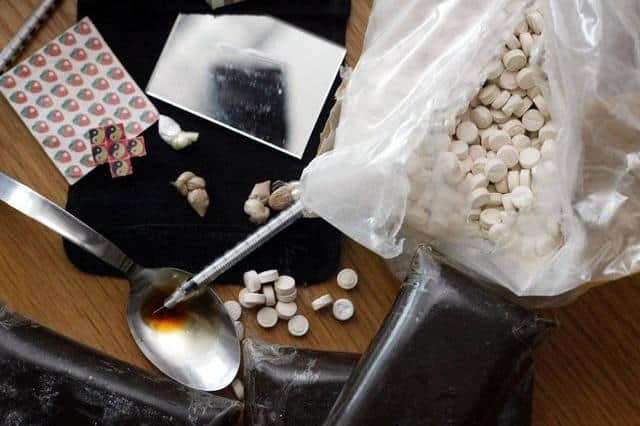Blackpool drug death prevention plan stalled by Home Office
and live on Freeview channel 276
The idea to provide an overdose prevention centre was put forward last October after a town hall inquiry into the high number of drug deaths in the resort.
Figures showed around a third of fatal drug overdoses in Blackpool are among people who are alone at the time and so have no-one to either summon help or administer life-saving treatment.


Advertisement
Hide AdAdvertisement
Hide AdSome countries, including Canada, had introduced drug consumption rooms where assistance is available should anything go wrong.
Such facilities are currently illegal in the UK, but a report updating the council’s adult social care and health scrutiny committee said Blackpool’s public health team had held talks with the Home Office about piloting such a scheme.
However the report added “the Home Office are reluctant to approve this at the moment.”
Instead the council is planning to discuss the issue with the Transform Drug Policy Foundation, a charity which wants the government to end prohibition and replace it with legal regulation of all drugs.
Advertisement
Hide AdAdvertisement
Hide AdThe report to the committee, which carried out a scrutiny last year into the high number of drug deaths in Blackpool, also said overdose reversal drug Naloxone was handed out 389 times in Blackpool between April and December last year.
This was mainly done by outreach workers in contact with people living in hostels and supporting the homeless.
Blackpool has one of the highest rates of deaths due to drug misuse in the country with 18.9 per 100,000 of the population between 2017 and 2019.
More recent data suggests that trend is continuing with 42 deaths in 2020, of which 32 were male and 10 female with an average age of 48.
* Thanks for reading. If you value what we do and are able to support us, a digital subscription is just £1 for your first month. Try us today by clicking here
